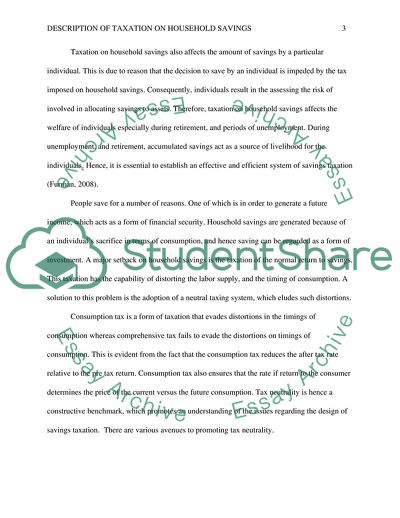Cite this document
(Taxation Essay Example | Topics and Well Written Essays - 2000 words - 7, n.d.)
Taxation Essay Example | Topics and Well Written Essays - 2000 words - 7. https://studentshare.org/finance-accounting/1812730-taxation
Taxation Essay Example | Topics and Well Written Essays - 2000 words - 7. https://studentshare.org/finance-accounting/1812730-taxation
(Taxation Essay Example | Topics and Well Written Essays - 2000 Words - 7)
Taxation Essay Example | Topics and Well Written Essays - 2000 Words - 7. https://studentshare.org/finance-accounting/1812730-taxation.
Taxation Essay Example | Topics and Well Written Essays - 2000 Words - 7. https://studentshare.org/finance-accounting/1812730-taxation.
“Taxation Essay Example | Topics and Well Written Essays - 2000 Words - 7”. https://studentshare.org/finance-accounting/1812730-taxation.


